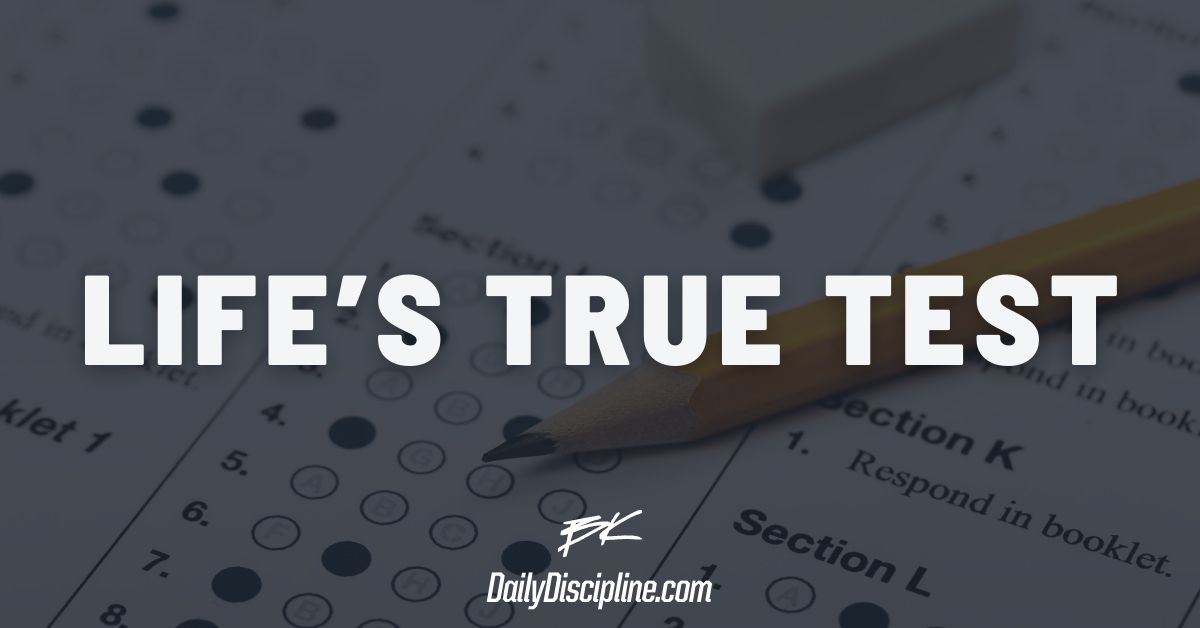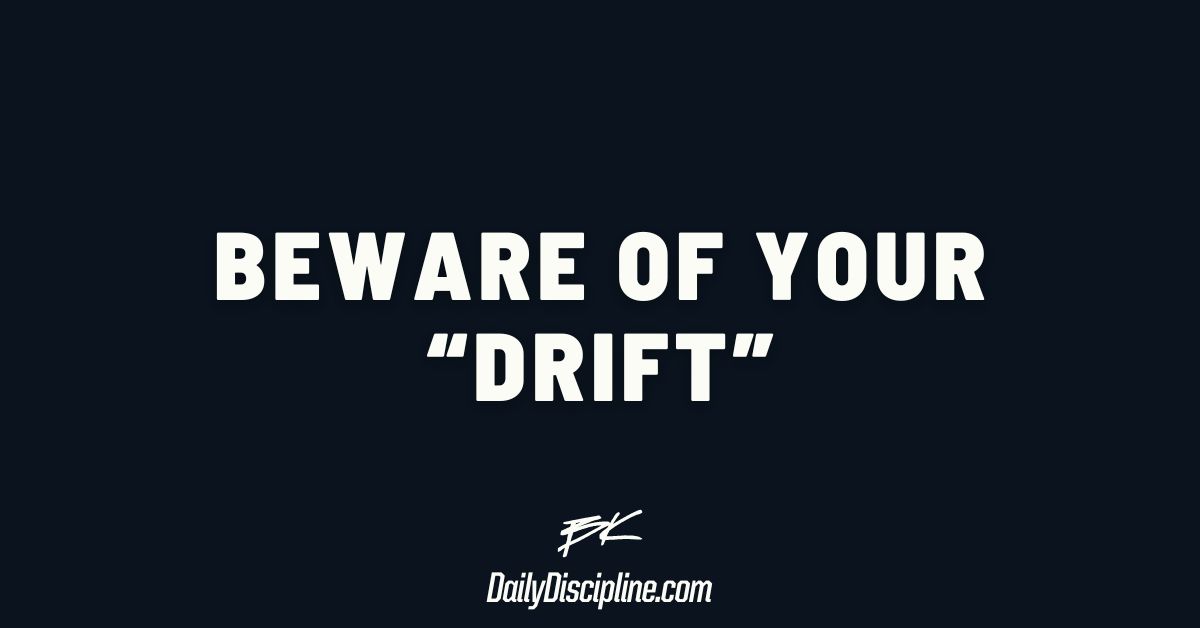The wonder of emotions is in our struggle to make sense of them. The on-going uncertainty, especially from our experiences as we age, makes emotions easy to criticize, easy to demonize, and hard to gain a clear and confident model.
Your emotions, though obviously different from mine, operate in many ways just like mine. At times your emotions are as convincing as they are untrustworthy while other times they are saddled with doubt when you most need to trust them. They can be the loudest voice when they are the weakest link and the quietest voice when they need to be the strongest presence.
One opportunity to increase your emotional wisdom is to raise your awareness of a particular defense mechanism your emotions use: an emotion will resist, or outright reject, any input that threatens its existence or its priority.
Anger wants to be angry and stay angry. It discounts input that makes you stop feeling angry and start feeling empathetic. Fear wants to be afraid and stay afraid. It ignores things that make you stop feeling afraid and start feeling confident. Anxiety wants to be anxious and stay anxious. It rejects perspectives that make you stop feeling anxious and start feeling patient.
If we step back from emotions to look at the bigger picture, there’s a deeper truth here. The things we most need to do are also the things we are least likely to want and most likely to reject.
When you most need to listen, you’re least likely to listen. When you most need to be patient, you won’t feel like being patient. When you most need to step up and act, you’re most likely to come up with reasons not to do it.
Look no further than your own experience and fill in the blank: “I know I need to ______, but I just feel ________ because ________.” You can probably identify five examples of this emotional defense mechanism in your life right now.
If there’s one thing you can be sure of, it’s that emotional clarity is contextual and fleeting, meaning emotional control is situational and unsteady. What makes complete sense in this setting is totally confusing in another. It’s not uncommon for someone to possess high emotional regulation in the workplace and low emotional regulation at home, or vice versa.
For now, focus on awareness. The things you most need to do will be met with the most emotional resistance. Your awareness has been primed. Pay attention when you feel it. Try to feel where the resistance really comes from and imagine if you let all that resistance go.
Everything is training for something. Do the work.


Share your thoughts